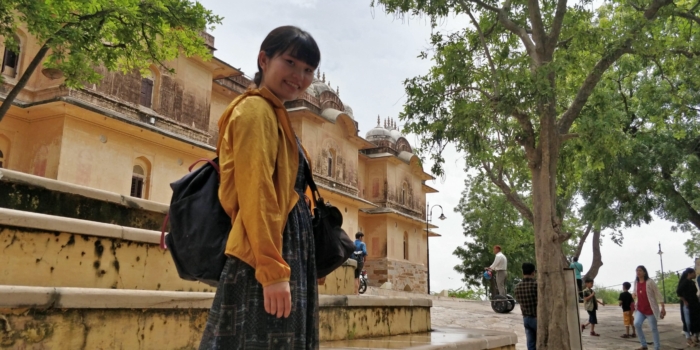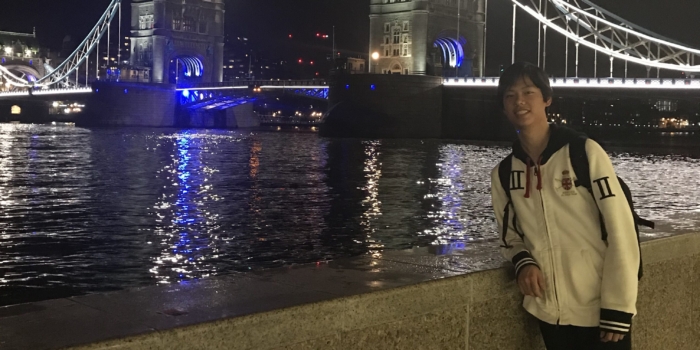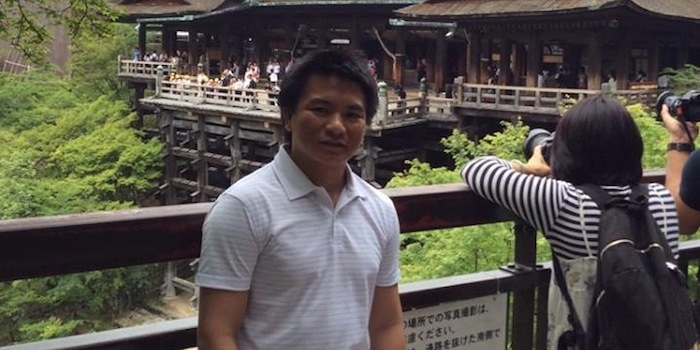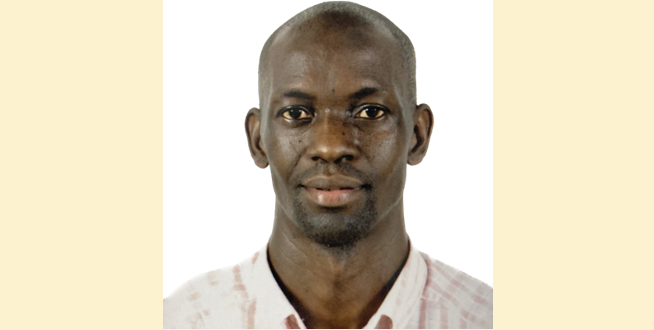Research Interest:
- Education Development, Pre-School Education, Area Studies in East Africa
Education:
- Master of International Studies, Graduate School of International Cooperation Studies (GSICS), Kobe University (Expected: March, 2023)
- Master of Arts in International Studies, Graduate School of International Studies, Korea University (Expected:December 2022)
- Bachelor of Arts in International Relations, Ritsumeikan University (March, 2021)
Experiences:
- Intern at NPO Crossfields (April 2022-)
- Teaching Assistant at Tsu High School (October 2020-)
- Seminar Research Assistant (September 2021-October 2021)
- Global Terakoya Yabunaka Juku, 6th member (April, 2020-March, 2021)
- Career workshop at Princess Chulabhorn College, Loei (January-February, 2020)
- Internship at ENRISSION Inc., India (June-October, 2019)
Publications:
- N/A
Academic Associations:
- Japan Society for Africa Educational Research (JSAER)
- The Japan Society for International Development (JASID)
Academic Conference Presentation:
- Ayaka, Z. “School to Work Linkages in Urban India” Research Proposal presented at the 15th International Education Development Forum, November 2021.
Language/ Skills:
- English (Fluent), Japanese (Native)
- Microsoft Office (Word, Excel, PowerPoint)
Message to Potential Candidates to Ogawa Seminar:
Through my undergraduate experiences, including an internship in India, volunteer work in Thailand, and a bachelor’s thesis I wrote on education and labor of foreigners in Kobe, I became excited about the possibilities of education and interested in educational development. I wanted to deepen my expertise in this field as well as learn quantitative research methods, which I was unable to do in my bachelor studies, so I applied for Professor Ogawa’s seminar.
Although it has only been a short time since I entered the school, I have been inspired by my motivated classmates who share the same goal, stimulated by my seniors who are already active in the field of international cooperation, and my intellectual curiosity has been heightened by Professor Ogawa’s original lectures that include his experiences.
I believe that the two years of study at the Ogawa Seminar will be a good place for those who want to be active in the field of international cooperation to grow and learn both theory and practice.






